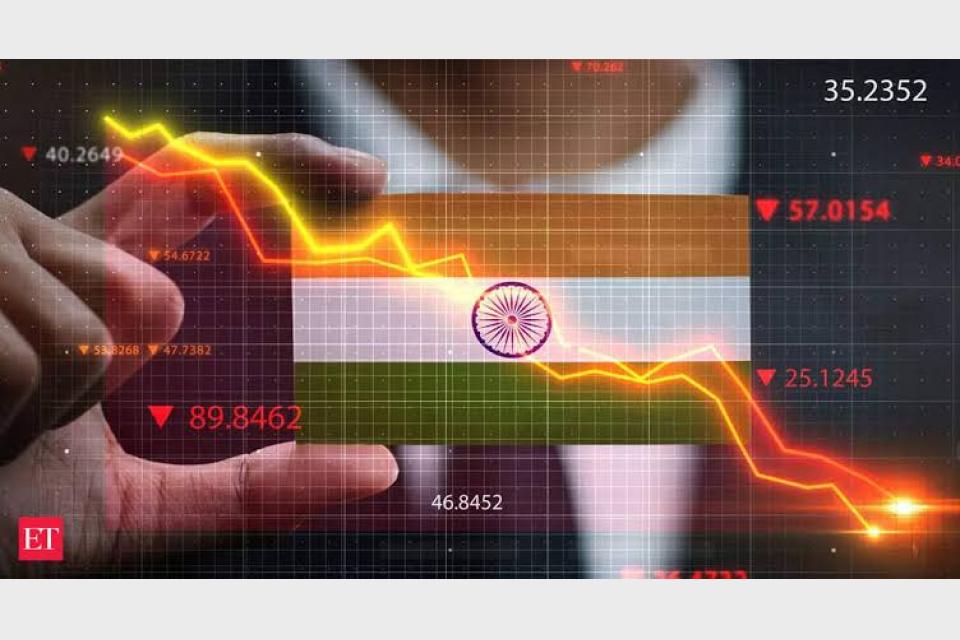Russia invaded Ukraine on February 24, 2022. The West has since imposed multiple sanctions and in effect, Europe is now suffering from the worst energy crisis in 50 years. Soaring gas prices are pushing economies to the brink of recession and as a result, India is expected to suffer, says Swaminathan Aiyar, Consulting Editor, ET Now.
India imports over 80% to satisfy its crude needs.
India, a ‘sufferer’
“India’s trade deficit is now going to something like $30 billion a month which is a crippling amount and not sustainable. So, we are suffering in a major way. It is not just Europe that is suffering,” Aiyar said.
In an effort to cripple Russia’s economy, which is largely propelled by the sale of fossil fuels, the European Union opted to impose huge sanctions and has vowed to eventually stop buying Russian gas.
However, as a result, gas prices across Europe have shot up in recent months. The average European household is facing a monthly energy bill of 500 euros ($494) next year, triple the amount in 2021, according to estimates by analysts at Goldman Sachs.
“If this kind of thing continues for 12-13 months, our foreign exchange reserves will be under enormous pressure. So there are consequences for India too,” Aiyar said.
Valeriy Zaluzhnyi, Ukraine’s top army commander, warned in an article that Russia’s war on Ukraine will likely stretch into next year.
“It is a grim scenario in the next 12 months. I do not see either of the two sides giving up easily in the next 12 months and that is bad for the world economy and it is bad for the Indian economy,” Aiyar added.
The worry for India
Deutsche Bank in a note said that it expects India’s trade deficit to rise to as much as $300 billion in the current fiscal, pushing the current account deficit to around $140 billion, or 3.9% of the GDP. As a result, the overall foreign exchange reserves are also expected to deplete further.
"If the current account deficit indeed rises to $140 billion, the overall BOP (balance of payment) deficit could be as large as $80 billion for FY23, as we are forecasting a capital account surplus of about $60 billion," said Kaushik Das, chief economist, India and South Asia, Deutsche Bank.
Accounting for a decline in reserves due to changes in valuation, the deficit in the current fiscal could be as large as $100 billion-$105 billion, Das said.
A dip in exports and an increase in imports widens the trade deficit which puts pressure on the value of the domestic currency.
India's attempts at diversification
India sources 65% of its crude requirements from the Middle East. India has been stepping up cheap Russian oil purchases in recent months despite sanctions from the West.
Finance Minister Nirmala Sitharaman on Thursday said that importing Russian oil is part of India’s inflation management. Prime Minister Narendra Modi's cabinet in late July approved a proposal to invest $1.6 billion to develop an oil block in Brazil in an attempt to procure equity oil overseas.
However, analysts have pointed out that import-dependant nations need to be wary of the situation developing in Europe.
“In any case, the recessionary tendency was coming and that has been further exacerbated by this particular energy crisis. I would say there will be a recessionary thing perhaps for 12 months and it is going to be one of the longest drawn-out things. I see a lot of pain ahead, it is not easy to see either Russia backing down or the West backing down,” Aiyar warned.









